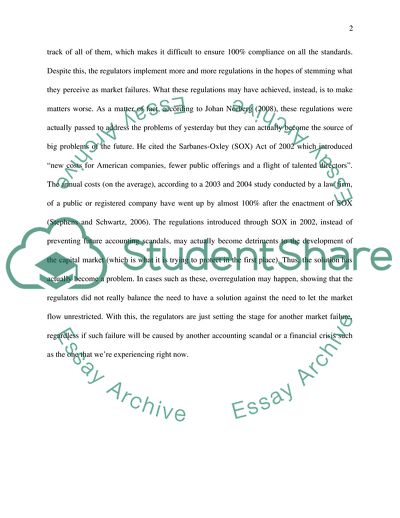Cite this document
(Accounting Standards Assignment Example | Topics and Well Written Essays - 1500 words, n.d.)
Accounting Standards Assignment Example | Topics and Well Written Essays - 1500 words. https://studentshare.org/finance-accounting/1730058-accounting-standards
Accounting Standards Assignment Example | Topics and Well Written Essays - 1500 words. https://studentshare.org/finance-accounting/1730058-accounting-standards
(Accounting Standards Assignment Example | Topics and Well Written Essays - 1500 Words)
Accounting Standards Assignment Example | Topics and Well Written Essays - 1500 Words. https://studentshare.org/finance-accounting/1730058-accounting-standards.
Accounting Standards Assignment Example | Topics and Well Written Essays - 1500 Words. https://studentshare.org/finance-accounting/1730058-accounting-standards.
“Accounting Standards Assignment Example | Topics and Well Written Essays - 1500 Words”. https://studentshare.org/finance-accounting/1730058-accounting-standards.


